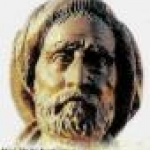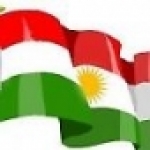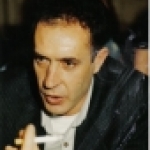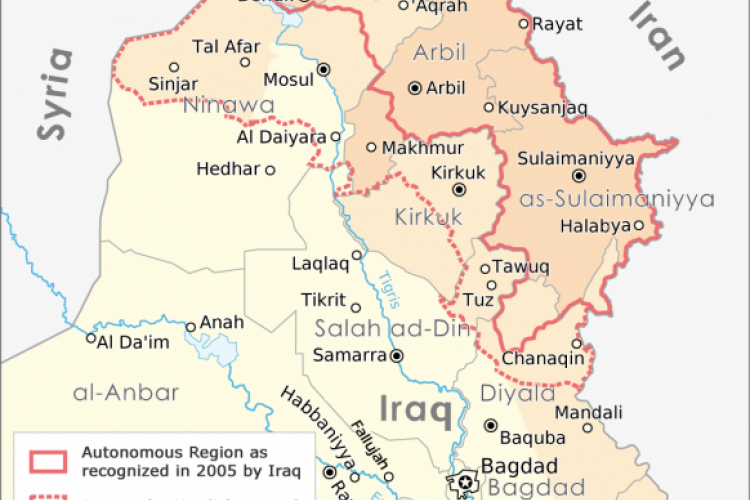komsu siteden talep var
o halde malumat derleme acisindan bir bir olan internet i
bu islevine uygun bicimde kullanalim
kim bu kerkuk reporteri UN diplomati Steffan de Mistrua
hakkinda yazilan bir makaleden kisa bir alinti biraz fikir verir
yorumu bir sonraki tenefus zamanina birakiyorum.
simdlik ingizlce okuyabilenler yararlansin
bilmeyenler de diasporda ogrensin su dili
okuyacak kadar-fazlasini degil-sadece okuyacak kadar
(isvec vatandasi imis-soyadindan da anlasilacagi uzere babasi italyan annesi isvecli bir diplomat-kurd meselesi konusunda yeterli on bilgileri olsa idi
bugun urettigi raporlari ureterek kerkuk de baris maris saglanamayacagini bilmesi gerekirdi-yoksa hakli mi? yoksa eline vur ekmegini al lafi kurdler icin mi soylenmis? yoksa o hakli da biz mi aval aval uyumaktayiz-zaman gosterecek.
simdilik sivecte kic buyutup kizlarini takir takir olduren azgin babalara bile mukayet olamayan kurd intelijansiyasina burdan himbilik madalyasi mi versek?
bunca yoldir isvecte olupta isvecli diplomatlari manasiz rapor uretmeyecek kadar egitememis olmak az marifet degil.
gecerken bunlara da deginip alintiyla sizi bas basa birakalim.
The Motivation: “Constructive Outrage“
As anyone who is involved in the business of humanitarian assistance or crisis prevention and recovery could attest, this line of work, while harsh and often brutally stressful, is highly narcotic. Once you catch the bug, you have the disease of wanting to be in the heart of the humanitarian action for the rest of your life, and are often unable to do anything else with lower levels of adrenaline. De Mistura picked up this bug when, as a young intern and a note taker for a senior WFP official in Cyprus, he witnessed for the first time in his life the death of a human being. In this case it was a child who was standing on the green line that divides Cyprus, killed by a bullet from a nearby sniper.
As De Mistura explains: “I could not believe what I saw with my own eyes for the first time in my life a child being shot, yet when I look at both sides of the green line, I saw the same people, they had the same kind of moustache, they drank the same kind of coffee, yet one side called it Turkish coffee, while the other called it Greek coffee.“
Human beings have two choices when they confront a life altering trauma such as De Mistura's. Either they look inwards and suffer from all the derivative illnesses of self-absorption, or they look outwards and channel the energy of their tremendous experience into a positive cause. If De Mistura's long standing career proves anything it is that he channelled the shock of this initial experience into a commitment to do something positive for humanity. “Ever since this incident I became motivated as a young adult by a sense of constructive outrage, something that influenced me to study humanitarian emergency relief in university to dedicate my life for this kind of work.“








alakali bir makale